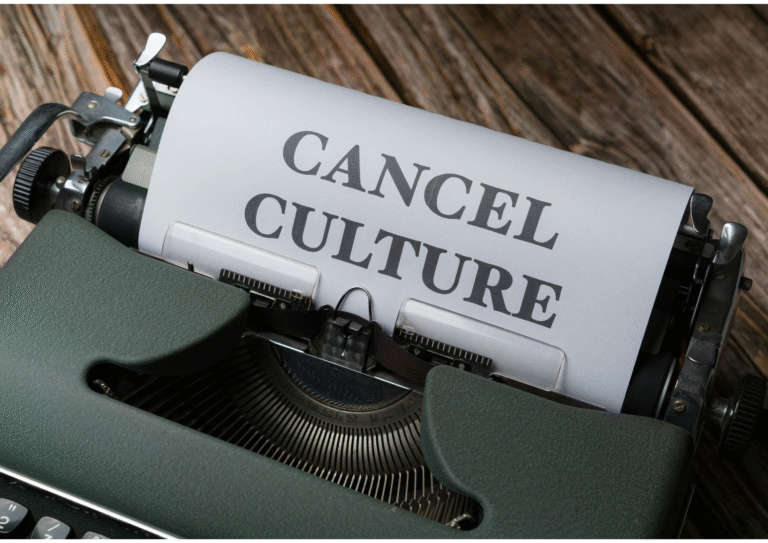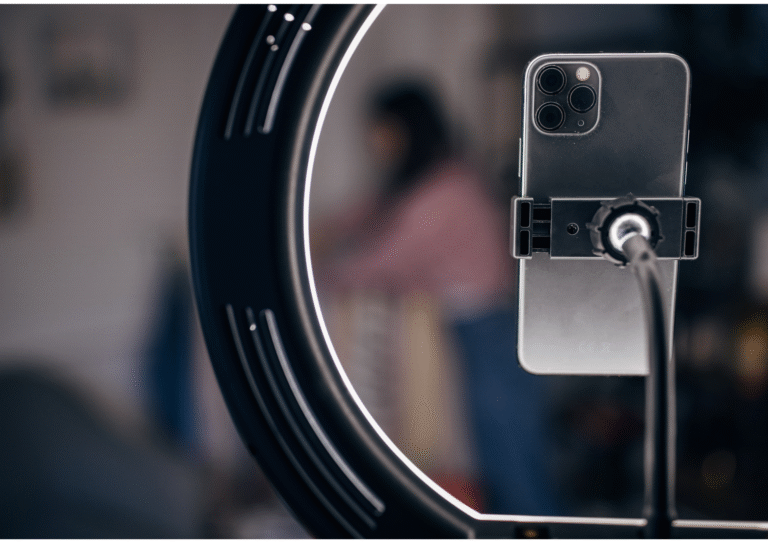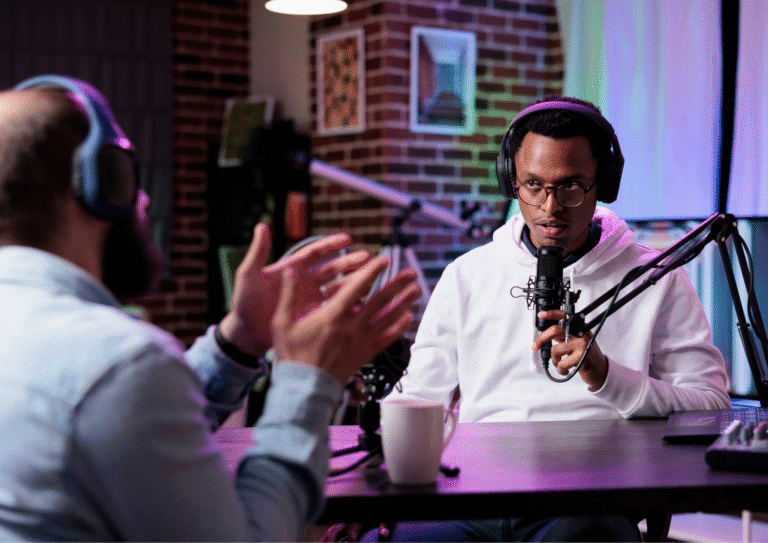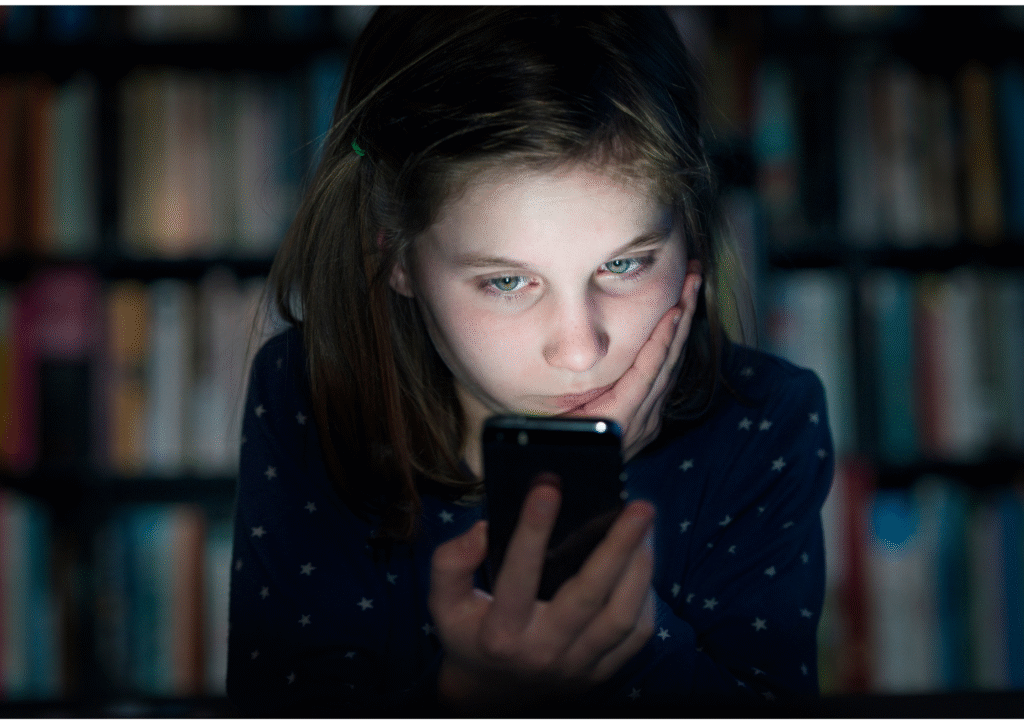
Explore how cancel culture impacts everyday people, not just celebrities. This thoughtful essay dives into mental health, community fallout, and the human cost of public shaming on platforms like Facebook and Instagram.
Why does cancel culture matter beyond celebrity scandals? Because its ripple effects reach far deeper than headlines. When someone is “canceled”-even within a small circle, workplace, or neighborhood-it can lead to anxiety, isolation, lost income, and a damaged sense of belonging. That matters, because cancel culture isn’t abstract, it’s happening to real people we know.
People are divided. A 2021 Pew Research survey revealed that while 58 percent of Americans see online calling-out as accountability, 38 percent view it as punishment . That split highlights a flaw, it’s possible to intend accountability, but end up destroying without a chance to recover.
It’s worse when the fallout arrives via Facebook or Instagram in a tight-knit community. A group of moms might share a comment about a parent’s choice, or local students vent on Instagram, and suddenly someone’s reputation is public, and under fire. When that happens, the mental health toll is real. According to TherapyGroupDC, targets often suffer anxiety, depression, and even suicidal thoughts . A 2025 Premier Science study confirms it: anxiety, isolation, and self-censorship are rising, not just for targets, but for anyone watching .
Still, cancel culture sometimes reflects real, overdue accountability. A PMC study found that public calling-out can empower marginalized people, building solidarity and prompting change when official avenues fail .
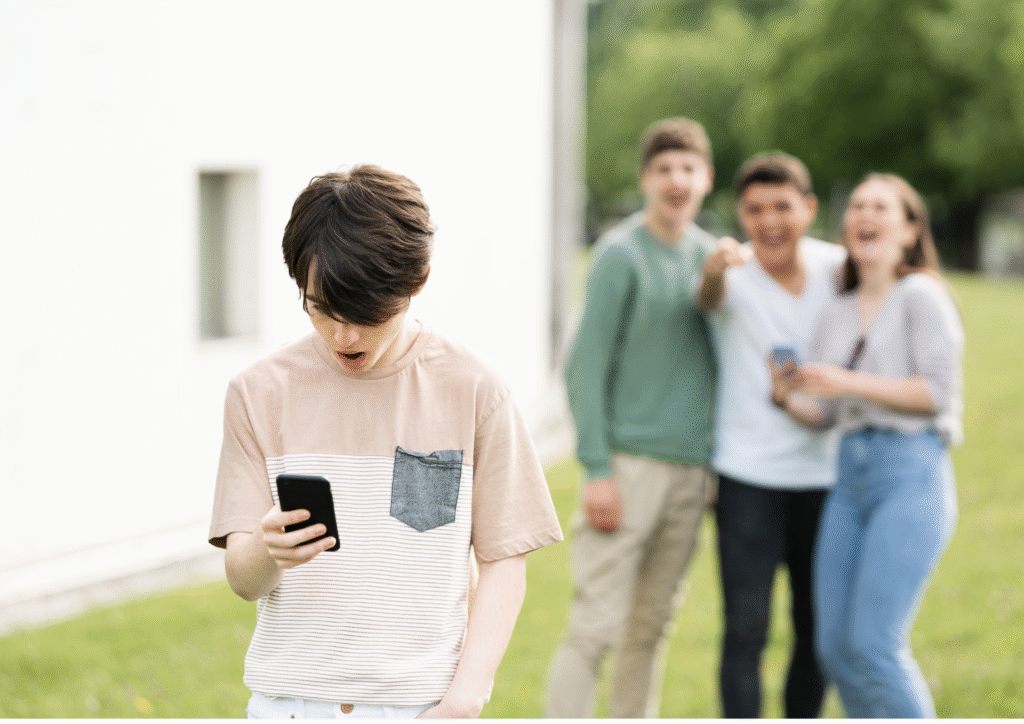
A Special Emphasis on Real Voices
“Canceling often becomes bullying. This further creates feelings of loneliness, anxiety and depression in the person being canceled.”
(Premier Science and Sedona Sky Academy)
That powerful insight comes from mental health professionals who’ve seen how accountability can slip into collective punishment. It’s intended as correction, but often feels like communal aggression.
There’s empathy for both sides. Some argue that without social pressure, harmful behavior, like racism or predatory actions, would go unchecked. Cancel culture becomes the loudest voice demanding change.
But a recent experience hit home for me. I noticed something in my nephew’s study group. A friend asked a basic question in a group chat: “Are there misunderstandings in black people’s behavior I should know? I want to learn.” It wasn’t an insult or stereotype, just clumsy curiosity. Quick as a Facebook screenshot, it wound up on Instagram in the local parent group. The question seemed harmless; the response, brutal. The student became the target of relentless shaming both online and off. He was excluded from study sessions, whispered about in hallways. Grades dropped. He stopped answering phones. All for asking a question that could’ve taught empathy, not demanded punishment.
I felt huge sympathy. But I also wondered, did we shut down conversation because we were too afraid of being misinterpreted? Did we give him space to learn, or just silence?
Why This Happens—and What It Costs
Research shows prejudicial bullying deeply wounds. Cyberbullying via Facebook and Instagram causes increased anxiety, depression, loneliness, and even suicidal ideation . Adolescents, in particular, are affected: exposure or victimization on social platforms like Instagram links strongly to sadness and suicide risk . And the digital nature of it—not limited to a classroom—makes it hard to escape.
The Online Disinhibition Effect explains some of this behavior. People feel safer attacking behind screens and share comments they wouldn’t utter face-to-face en.wikipedia.org+14en.wikipedia.org+14timesofindia.indiatimes.com+14. Posts are deleted, but the impact lingers. Community trust erodes. Individuals are left isolated.
Still, cancel culture can lift up voices traditional systems ignore. Social media calling-out has highlighted injustices like racism and exploitation—pressing swift change. But it needs rethinking. It must allow room for repair, not just removal.
What We Can Do: Compassionate Accountability
Here’s a better way forward:
- Pause before amplifying. Ask: Is this correction—or shaming?
- Allow room to learn. Hurt? Yes. Shame? No. Use teachable moments.
- Support mental health. Private check-ins, counseling, a safe conversation space.
- Use restorative justice. Build instead of banish.
- Stand up as bystanders. Instead of piling on, offer context or kindness.
That way, communities heal instead of fracture.
This explainer on how cancel culture affects real people shows why compassionate accountability can protect mental health, rebuild trust, and strengthen communities.
Cancel culture isn’t just celebrity drama. It’s a human story—playing out on Facebook threads and Instagram feeds among neighbors, coworkers, students. If we choose empathy over exclusion, we help make it a force for growth—not grief.
Sources
- Pew Research Center, Americans and Cancel Culture, 2021
- TherapyGroupDC, Psychology of Cancel Culture, 2024
- Premier Science & Sedona Sky Academy, Mental Health Effects of Cancel Culture, 2025
- PMC study, Collective Validation and Cancel Culture, 2024
- Studies on cyberbullying impacts via Facebook and Instagram pacer.org+3en.wikipedia.org+3time.com+3
- Online Disinhibition Effect hhs.gov+4en.wikipedia.org+4health.ucdavis.edu+4

